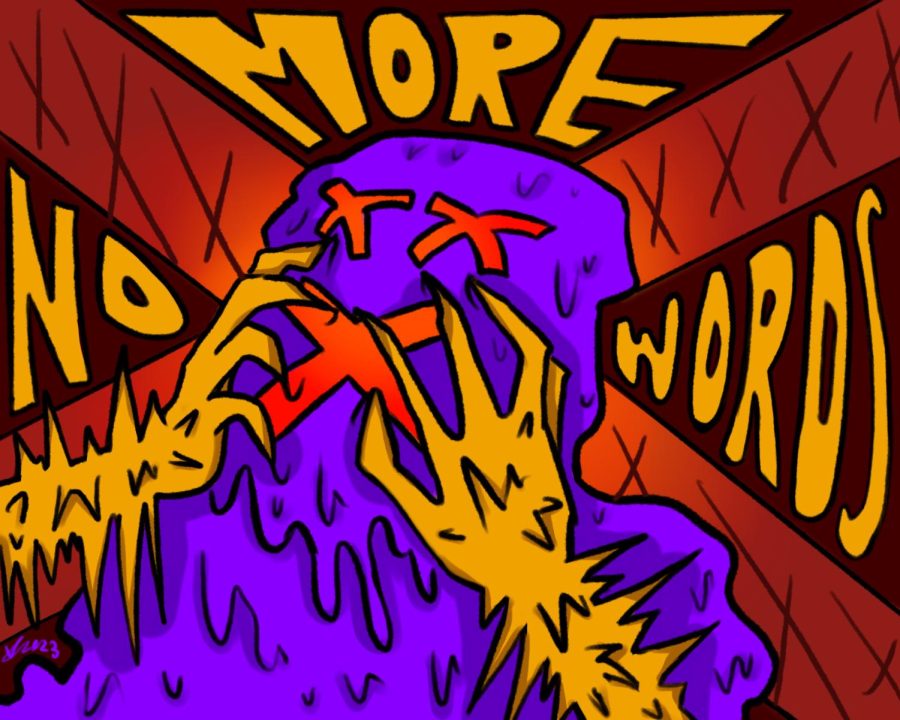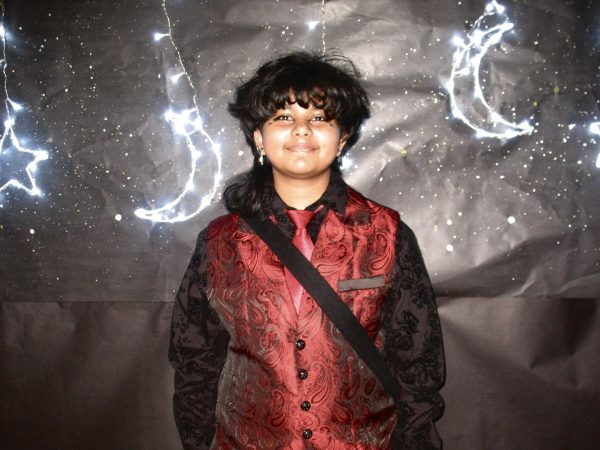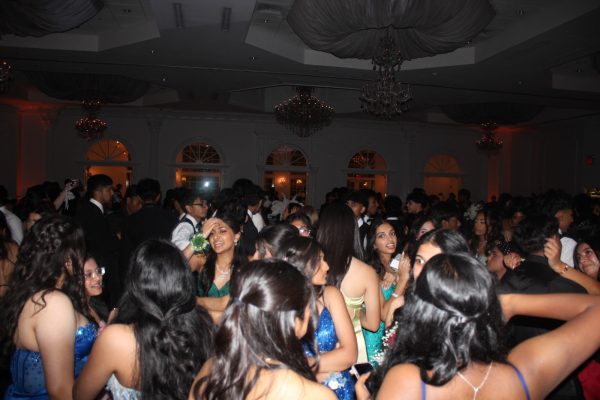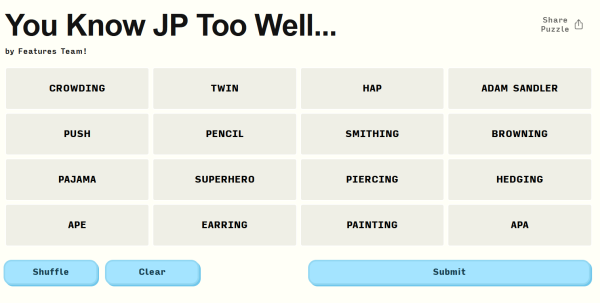Fighting for Free Speech
June 5, 2023
The air in the train is damp, placing a heavy hand on your shoulder. The lights above you flicker a weak fluorescent color, as your cart jostles along the rusted tracks. There is a deafening silence that reverberates through the long corridors of the train cart. People sit with their backs hunched and their eyes down. Some twist their hands in their laps, while others hold a flimsy newspaper between their fingers. Most passengers stare vacantly out the window, watching a gorgeous sunrise fill the city; the view is wasted on these individuals with guarded, expressionless faces. You desperately attempt to catch the gaze of someone on the train. But as you look around, the invisible hand that you felt on your shoulder tightens its grip and you can feel nails digging into your skin. Every attempt to avoid its harsh grasp is met with substantial resistance, and despite the feelings of paranoia and unease that brew in your heart, you slump back into your chair with a defeated sigh. You are powerless. As you step out of the train, a stream of orange and yellow lights is resplendent on the surface of the blue sky. You might have acknowledged it before, but all you can do now is trudge along the dreary path to your day job. With eyes cast downwards, and the steady grip remaining frozen on your shoulder, you make your way to work.
The scene described above is a grandiose representation of what comes to the mind of most when the word “censorship” is mentioned. The connotations that are most commonly associated with censorship depict an all-powerful force controlling people’s every thought and action. Despite this notion, censorship is much more nuanced than the mere oppression of a group of people. Especially with the rise of the internet and social media, it has strayed far from the direct and classic samples that we are accustomed to. Texts such as 1984 by George Orwell and tormenting regimes have given us an intense version of what censorship is. With more emphasis on the struggle for power between government agencies and media, censorship today is done discreetly through the Internet.
In developing countries, censorship has run rampant as government agencies find more ways to restrict the freedoms of people. It was once believed that the rise of the Internet would lead to the death of censorship, but this could not be further from the truth. With the rise of a network that connects people to one another, it is much easier for governments to manipulate large masses of people while simultaneously masking their crimes to maintain a facade of true democracy. As Columbia Journal Review phrases it, “the internet’s promise of open access to independent and diverse sources of information is a reality mostly for the minority of humanity living in mature democracies.” In Venezuela, a place where people tirelessly work to reach this reality, governments have shut down and bought off many press companies in an aggressive attempt to prevent the circulation of news that criticizes the corrupt government. Even more appalling, these acquisitions were difficult to trace back to the Venezuelan government, and “no evidence of a direct connection to government funds had surfaced.” Buying off these companies was just one strategy employed by the government amid their political and economic crisis. In 2014, when protestors took to the streets, they had many violent encounters with the police. Pictures and videos of the violence surfaced in the media through NTN24, an international news reporting agency that was soon banned by the Venezuelan government. The government also blocked Twitter and other media outlets in response, and as a result, the public began seeing less controversial coverage on popular news channels.
It is disheartening to think that many journalists and activists living under oppressive regimes are fully aware that their actions might cost them their lives, and yet continue to fight for a democracy free from censorship. Unfortunately, this is far from reality, even in well-developed countries like the United States. The leaks by Edward Snowden, a computer security consultant working at the NSA in 2013, have made it clear that the internet is a double-edged sword. According to BBC News, the information he provided revealed that the “NSA was collecting the telephone records of tens of millions of Americans.” Additionally, the government was partnering with large internet firms such as Facebook and Google and gaining valuable information about online communication between users through a surveillance program known as Prism. While this is more of a gross invasion of privacy rather than discrete censorship, we also experience censorship on subtle levels when we use popular social media apps that quite literally control what type of media we are exposed to. All of this information has only served as further evidence that even in well-developed democracies, the prospect of leading a completely censorship-free life is out of reach.
Not all hope is lost for those arduously working against censorship because, for every mass of people that governments attempt to control, there will invariably be a mass of people rising to demand more accountability from the government. This is illustrated by the perpetual power struggle between the government and media outlets. With a growing population of individuals becoming aware of censorship, governments who are run by corrupt officials will never be able to garner long-standing support for the oppressive standards they reinforce. An often misunderstood concept, censorship is not an immediate threat for most of us but it thoroughly affects us in minute ways, making it all the more important to consider its far-reaching effects. Though we may not live in dystopias like those depicted in Orwell’s novels, the barreling advancements made by technology may bring us one step closer to this reality giving us yet another reason to firmly stand against it.
https://archives.cjr.org/cover_story/21st_century_censorship.php








































